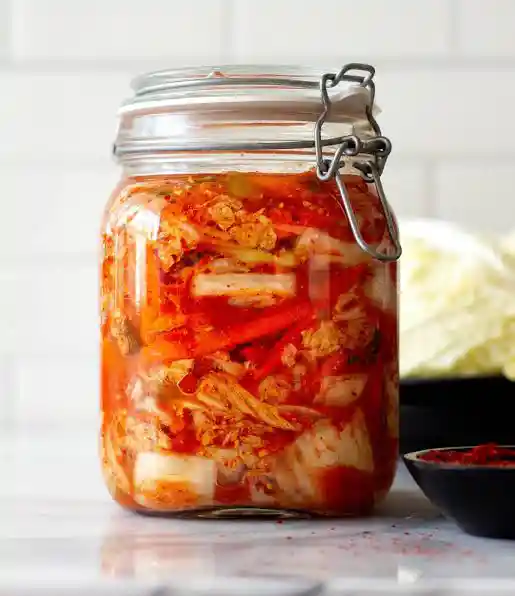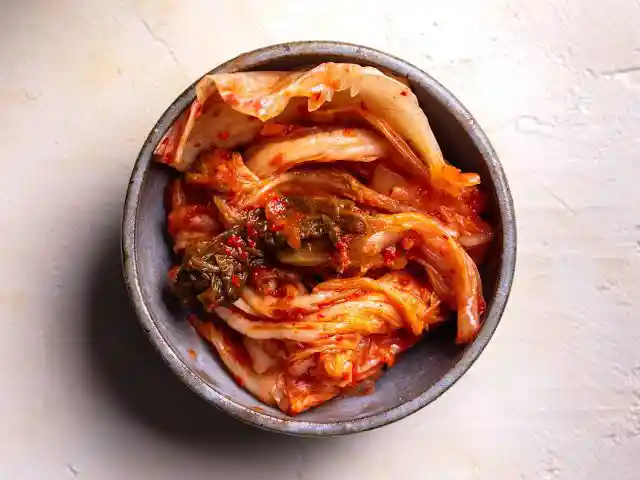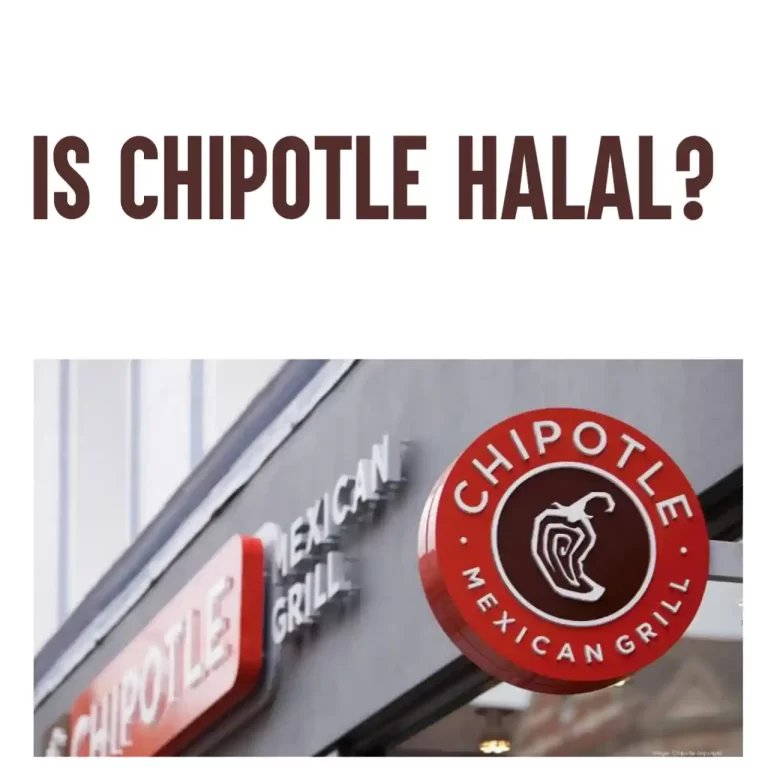Is Kimchi Halal? Quick Guide On Fermented Kimchi
Advertisements
Is Kimchi Halal? Kimchi is a traditional Korean dish made of fermented vegetables, typically Napa cabbage, mixed with a spicy seasoning mixture. As a fermented food, it is enjoyed for its unique flavor and health benefits.
However, for those following halal dietary guidelines, the question of whether kimchi is halal or not may arise. In this blog post, we will explore the ingredients used in kimchi and examine whether they meet the criteria for halal food.
Is Kimchi Halal?
Yes, kimchi is halal. Kimchi is made with basic ingredients like cabbage, cucumber, and radish. These ingredients are halal. The tiny traces of alcohol released during the fermentation process is not nearly enough to cause intoxication or alter behavior.
Ingredients Of Kimchi
Kimchi is frequently made with these ingredients:
- Korean Radish
- Napa Cabbage
- Onion
- Garlic
- Spring Onion
- Carrots
- Ginger
- Salt
- Chilli Powder
Does Kimchi Have Alcohol?
Yes, kimchi contain alcohol but does not contain significant amounts of alcohol. Not nearly enough to cause intoxication or alter behavior.
Advertisements
During kimjang (a Korean traditional festival in autumn), kimchi is fermented in large batches. The alcohol content in the kimchi was tested on different days.
The results showed that kimchi contains a small amount of ethanol on kimchi after fermentation for 3 days. The kimchi contained 0.0007% ethanol content on the first day, 0.0008% ethanol on the second day. Source

Does Alcohol In Kimchi Make It Haram To Eat?
Scholars stated that minute amounts of intoxicating alcohol do not affect the lawfulness of food, and it is not considered unlawful based on such minute amounts.
Shaykh Ibn ‘Uthaymeen may Allah have mercy upon him said:
“Do not assume that any amount of Khamr makes unlawful the thing to which it is added.
If it has such an effect that it causes intoxication to someone who consumes a drink that is mixed with (that amount of) Khamr, then it is unlawful in this case.
However, if the amount is too little and has lost its effect, then it is lawful. For example, adding a percentage of 1%, 2% or 3% of alcohol to something does not make it unlawful.
Some people misunderstand the statement of the Messenger of Allah, sallallaahu ‘alayhi wa sallam:
‘Whatever intoxicates in large quantities, a little of it is unlawful,’ to mean that if a small percentage of an intoxicant is mixed with a large amount of a substance that is not intoxicating, then it is unlawful.
This is a misunderstanding of the Hadeeth. In fact, ‘Whatever intoxicates in large quantities, a little of it is unlawful’ means that if consuming a large amount of something causes intoxication, while consuming a little amount of it does not cause intoxication, then a lot or a little thereof are both unlawful.
Why is it so? Because you may drink a little that does not cause intoxication but then you are tempted to drink more, and thus you get intoxicated.
But if something is mixed with an intoxicant added in an insignificant amount that does not have any effect, then it is lawful and is not included in this Hadeeth.” [End of quote]
Source: Islam Web
WATCH: are fermented foods and drinks prohibited in Islam? By Sheikh Assim Al Hakeem.
Advertisements
OTHER RELATED ARTICLES:
- Is Monster Energy Drink Halal?
- Is Beer Batter Halal?
- Is Dominos Halal?
- Is Rice Wine Vinegar Halal?
- Is Extra Gum Halal?
Advertisements







